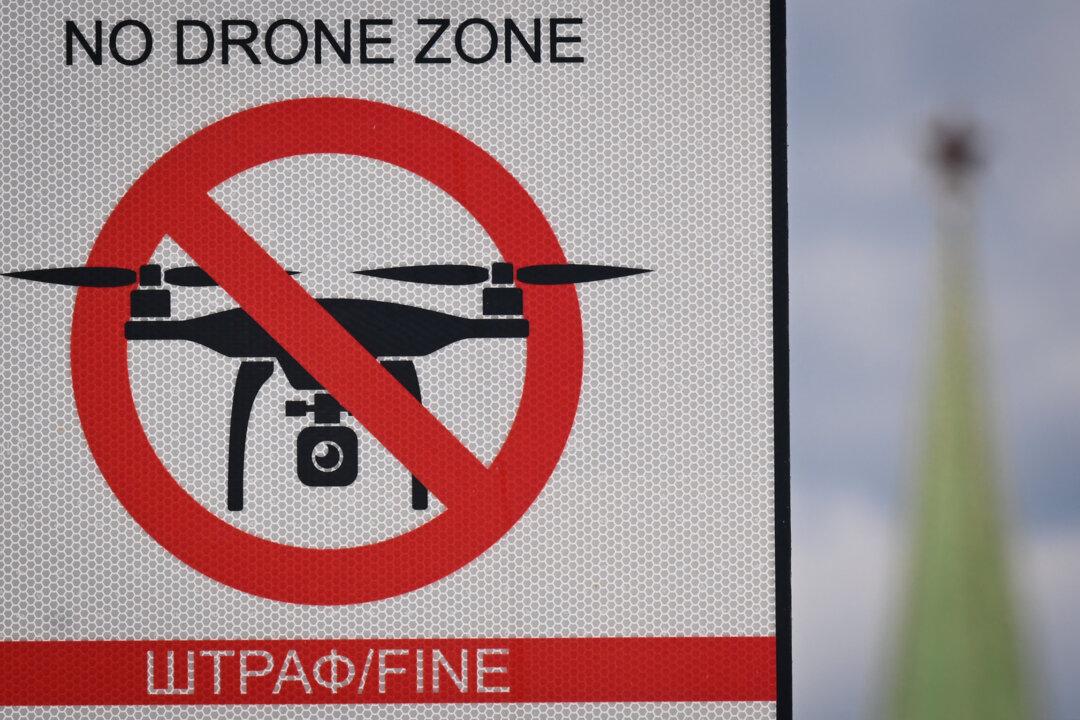NAMCHE BAZAR, Nepal—A network of cameras now monitors China’s side of the Nangpa La pass, say Tibetan traders who used to cross it regularly. A series of guard towers manned by border patrol troops lines the way.
The Nangpa La bridges the Himalayas between Nepal and Tibet. Chinese soldiers on this mountain pass shoot at anyone trying to sneak across, traders who attempted crossings after 2009 say.
Using these cameras and observation posts, the traders say, Chinese units alert police in Nepal to any refugees or traders from Tibet who are able to slip over the pass. The Nepali police then make arrests at natural bottlenecks in the mountain trails, such as here in the village of Namche Bazar in Nepal’s Khumbu region.
China bribes the Nepali police to catch refugees and return them to Chinese authorities, officials with the Tibetan government-in-exile in Dharamshala, India, told me in October. Chinese authorities also bribe Tibetans living near the pass to be informants, relaying information about possible refugees to Chinese troops.





